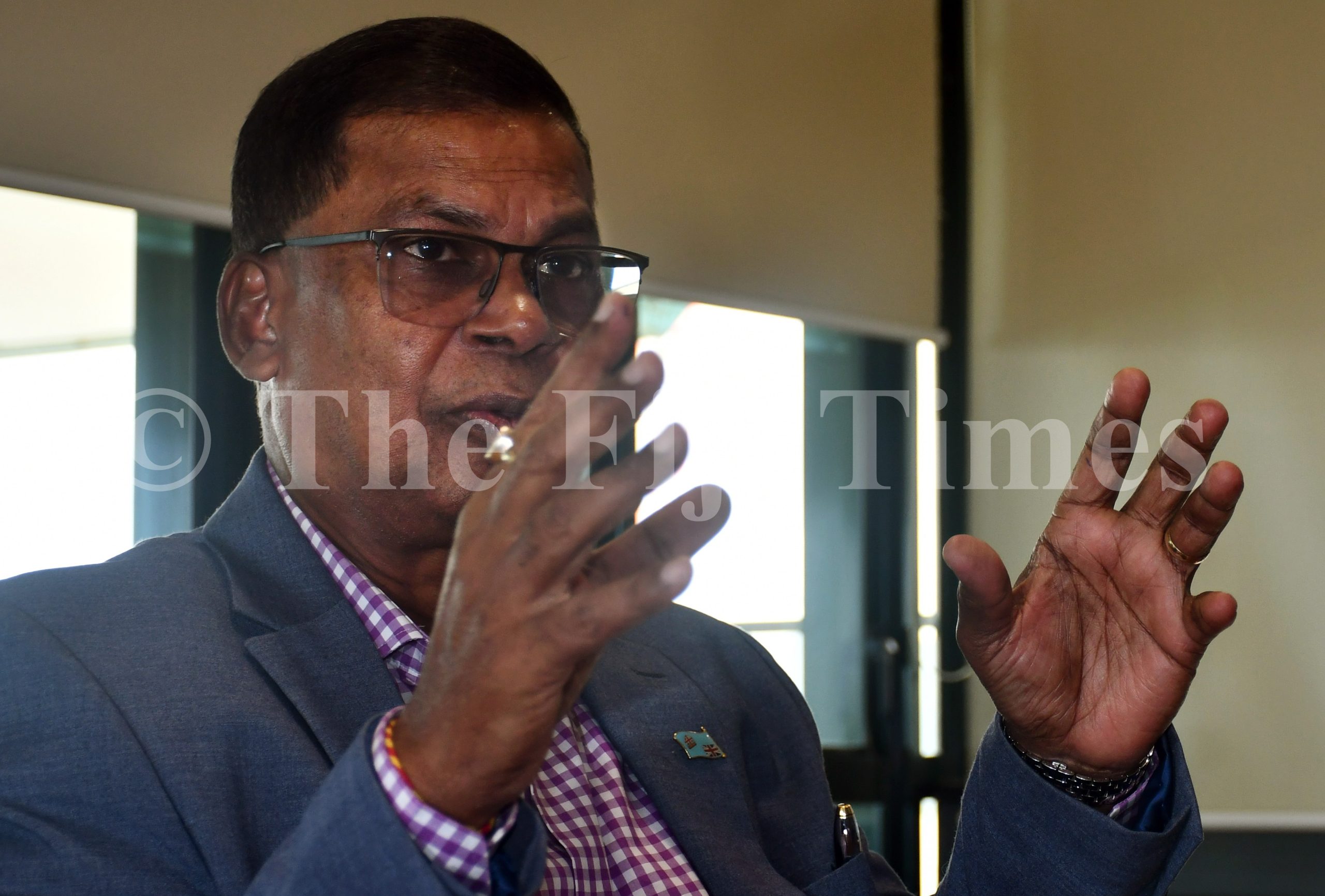Fiji’s birth rate cannot keep up with the current rate of copious labour migration and if nothing is done, we will face a serious negative growth in population.
And Minister of Finance Professor Biman Prasad is urgently calling for a serious relook at our immigration policies to address the issue.
“As a country, we are not growing in terms of population,” Minister Prasad said in an interview with this newspaper.
“We’re actually going down, if you look at the birth rate, if you look at the migration rate, and if we do not address this, we could be heading towards negative population growth,” he said.
“We might have a net loss in our population and for Fiji to have ambitions of becoming an upper middle-income country, we’ve got to seriously think about our immigration policies.”
Prof Prasad said apart from improving services for the ease of people coming in with work permits, Fiji also had to look at skilled and business migration.
“There are different models, permanent residency, citizenship, these are things that Fiji as a country ought to be looking at.”
Prof Prasad said they were also focussed on training Fijians, many of whom were young people in villages and settlements across the country, including those who had left school and could be trained.
“When we were giving money to Pacific Polytech, all those critics and some politicians joined, criticising government’s funding of technical institutions, but look at the results they’re producing.
“We are putting money into training. But we are also reviewing and streamlining our immigration department.”
The exodus of workers is leading to acute labour shortage in Fiji and elsewhere in the Pacific region.
The most recent Asian Development Outlook report for April, 2024 released this week by the Asian Development Bank, reminded policy makers in the Pacific of the need to balance domestic labour shortage with the economic benefits of worker remittances, which have become a positive spinoff of the current labour migration in the Pacific.
“Maintaining remittance inflows requires the continued deployment of new workers overseas to help preserve home-country ties and thus a worker’s desire to send money home,” ADB stated.
“To achieve this while ensuring an adequate supply of quality local labour, South Pacific economies should continue to invest in health and education to build a higher quality skilled workforce.”



